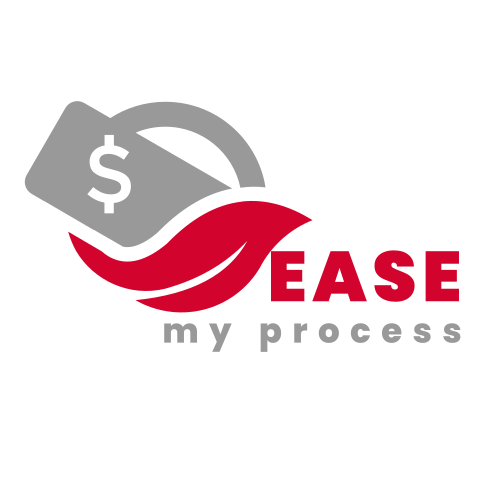- Published on
Leveraged Buyout (LBO) Explained
- Authors

- Name
- Ease Pro
LEVERAGED BUYOUT
A Leveraged Buyout (LBO) is a financial transaction in which a company is acquired using a large amount of borrowed money, with the target company's assets and future cash flows serving as collateral. It is commonly used by private equity firms to acquire companies and sometimes by management teams to take a company private.
LBOs allow large acquisitions with minimal capital and are often used to take public companies private for future resale or public offering at a profit.
Ideal Condition for LBO
How Does an LBO Work
- PE firm identifies a target company
- Arranges financing: 60– 80% debt, rest equity
- Acquires the company
- Uses the company's cash flow to pay off debt over time
- Sells the company for a profit in 3–7 years
Why Do LBOs Happen?
- Operational Efficiency and Value Creation
- Tax Savings through Debt Financing
- Strategic Control and Alignment
- Realizing Hidden Value
- Steady Cash Flow Utilization
- Industry Diversification or Consolidation
- Shareholder Wealth Maximization
- Privatization of Public Companies
- Capitalizing on Favorable Debt Markets
- Exit Strategy for Current Owners
Who Does LBOs?
Private Equity (PE) Firms
Professional investors that acquire companies using significant debt to enhance returns.
Management
When the existing leadership team acquires the company they manage, often with external funding.
Wealthy Individuals/ Investment Groups
They leverage debt to acquire and manage businesses privately.
Corporations
Companies that acquire other businesses using leverage for strategic growth or synergy.
Exit Strategies
Share Your Insights on LBOs!
- What's the most exciting part of an LBO process?"
- Operational Turnaround
- Financial Structuring
- Exit Planning
- Deal Negotiations
- In your opinion, which industry is best suited for LBOs and why? Share your answers in the comments!
- You're structuring an LBO for a company with declining revenues but strong assets. What's your first move? Let's hear your strategy!
